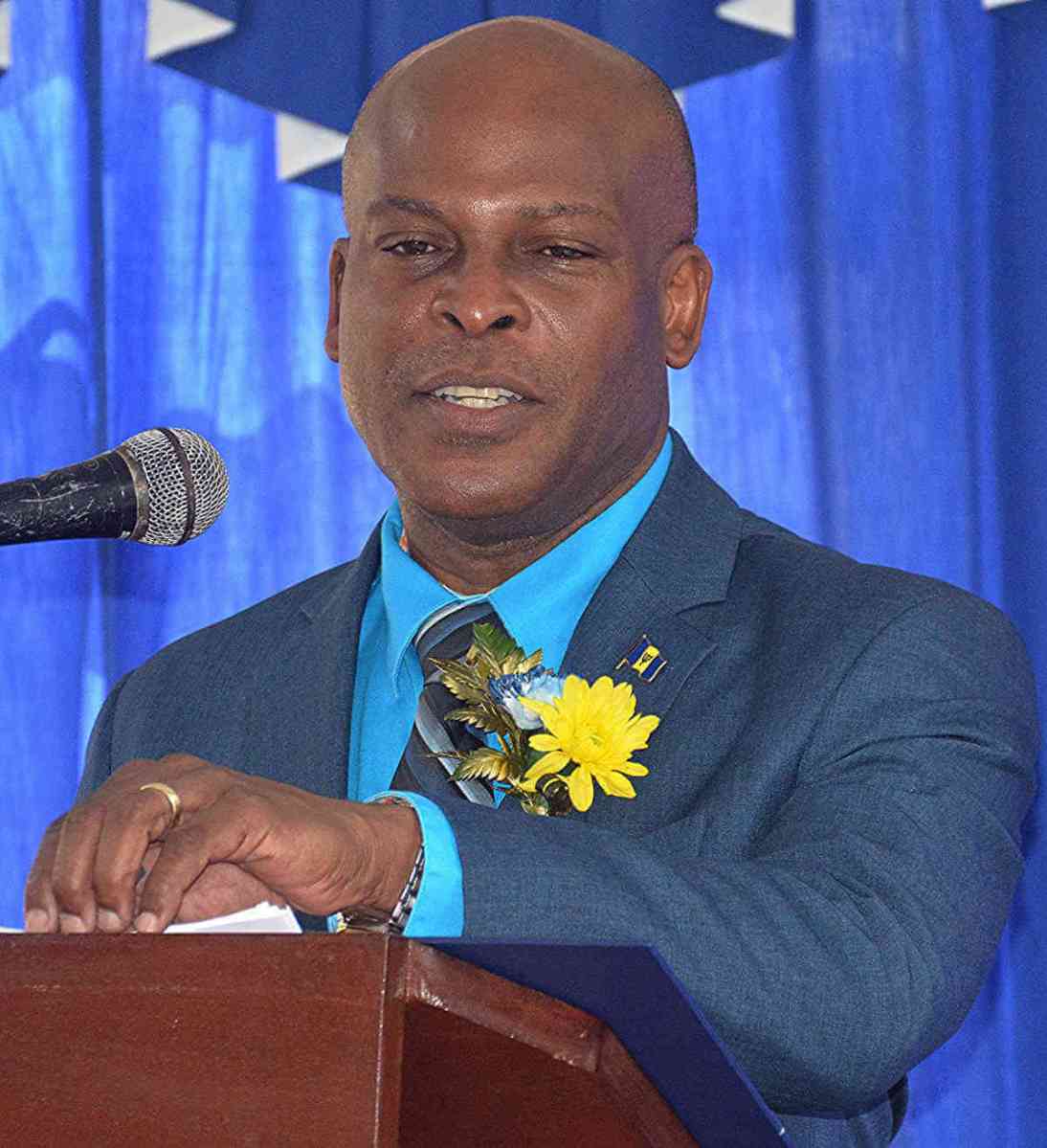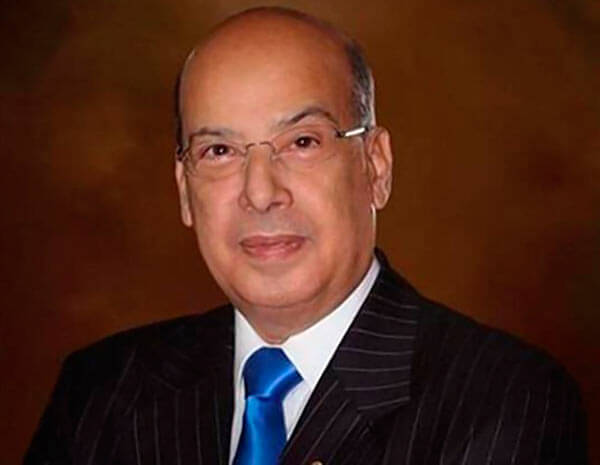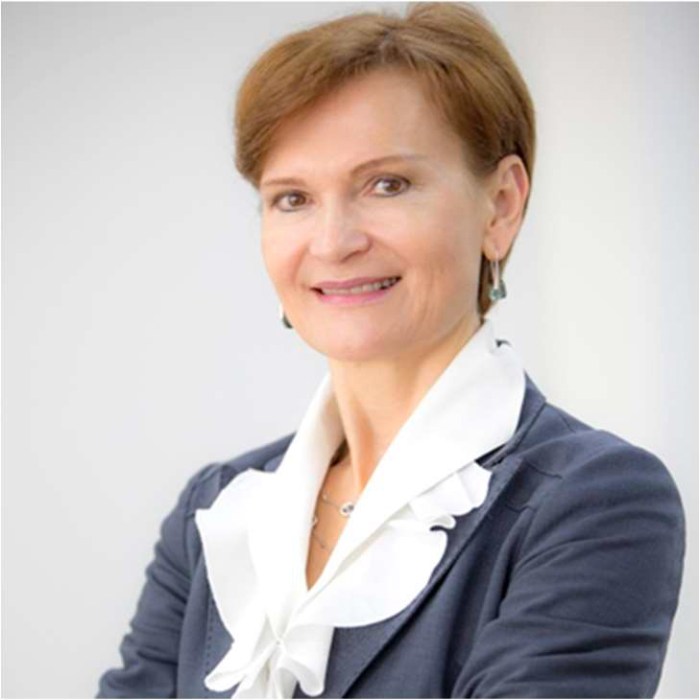Faced with a declining population Barbados is introducing sweeping changes to its immigration laws, widening the scope of non-nationals who can become citizens, and speeding up the process.
Following a slow population growth rate that began shortly after independence in 1966, the island then stepped into a negative birth rate from 2014 onwards resulting in an overall declining populace contrasted with a growing elderly group that puts in peril the National Insurance Scheme funds including pensions because of reduced entrants into the workforce to pay into those annuities.
Moreover, a combination of people retiring and those dying, either prematurely or of old age, in Barbados in recent years outnumber persons born, yet there remains a need for an adequate labour force to sustain growth and prosperity.
Against a backdrop of these circumstance Minister of Home Affairs, Edmund Hinkson this week revealed that by January he will put to his Cabinet colleagues a proposed Immigration amendment Bill that on approval will go to parliament bringing into law a relaxation of rules for the pathway to citizenship.
“In the last five years between 2014 and 2018 our rate of natural [population] increase has hovered between 1.2 and -0.4, with our rate of population growth between those years being in the negative, -0.2 percent in 2014 and 2015, and -0.4 percent in 2016, 2017 and 2018”.
Contrasting this decline in Barbadian birth rate on island to earlier years, he added, “our birth rate in 1970 was 20.3 per 1,000 people, our death rate was 8.7 per 1,000.”
He further quoted figures that showed Barbados’ resident population, has grown by under 35,000 persons in the last 50 years.
“In 1970 our population was 240,000 … and last December our population size was 273,000.”
Hinkson said the answer to this inadequate birth rate in a country with aspirations for advanced economic growth lay in managed migration.
“Our continued prosperity, our sustained growth, socio-economic development. The deepening of the quality of our economic growth depends on our attracting requisite skills and expertise not only from CARICOM countries but from outside our region particularly in the Diaspora.”
For these reasons he spoke of seven initiatives to be included in the proposed amended law, making clear that other changes will be announced later.
1)“We will expand citizenship [bestowment options] to grandparents and great-grandparents … If you are a grandchild or a great grandchild of a Barbadian citizen, you will thereafter be entitled to Barbadian citizenship.” Currently only parents are allowed to grant citizenship by descent to their offspring not born in Barbados.
2)“After three years ordinary residence in Barbados after becoming a permanent resident you will be able to become a citizen of Barbados. … Ordinary residence will be defined as lawful residence for half of the year [each year]. This will be another platform for people to become citizens of Barbados other than by birth, descent, adoption or marriage;
3)“Permanent residents who have been ordinary residents in Barbados for more than seven years will be grandfathered into citizenship;
4)“CARICOM Skilled nationals, their spouses and dependents will be entitled to become permanent residents and then citizenship through qualifying by way of time spent in Barbados. Those who have been residing in Barbados for more than seven years would be grandfathered into citizenship;
5)“Citizenship by marriage …by way of prescription you [now] have to wait three years for citizenship. … The Cabinet of Barbados has agreed to bring that down from three years to two years;
6)“Persons who have highly desirable employment skills, who are willing to open a business, or who have substantial capital, money, willing to invest significantly in our economy and provide much needed employment to Barbadians would be facilitated in acquiring permanent residence and then citizenship; and
7)“Persons who are ordinarily resident in Barbados for four years will be eligible for permanent residence.”

























